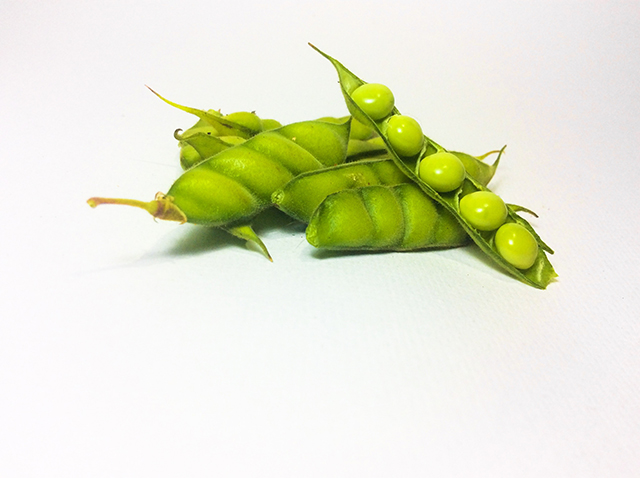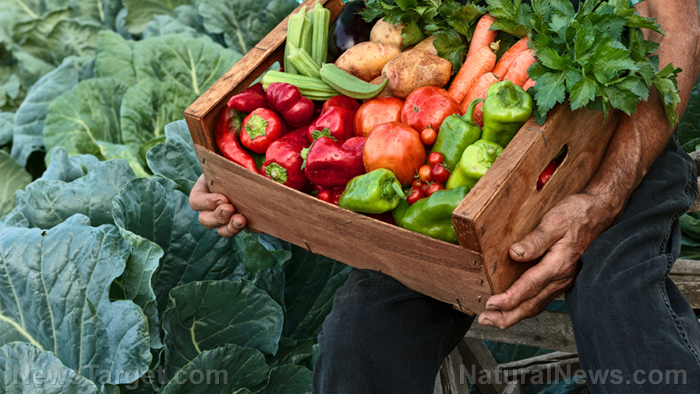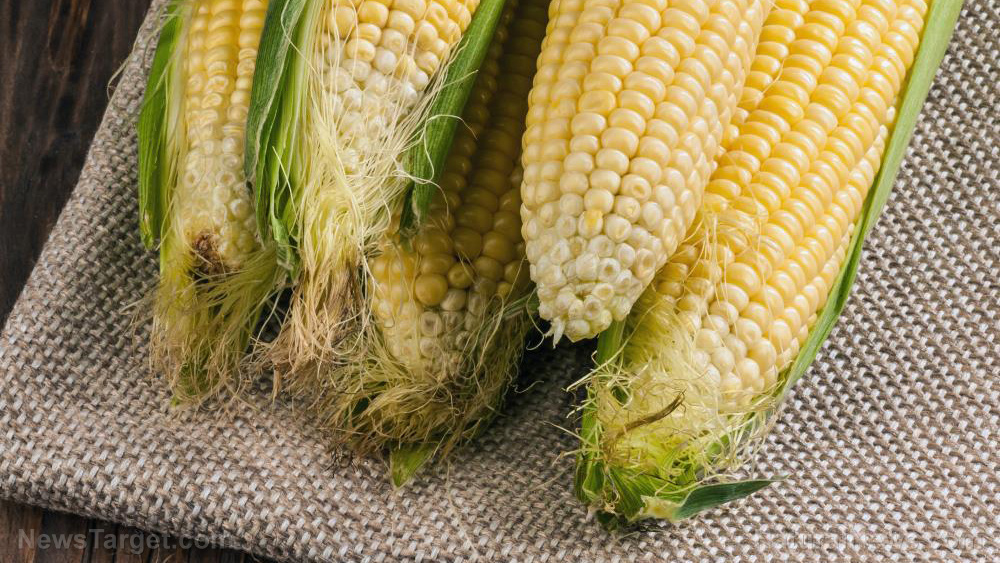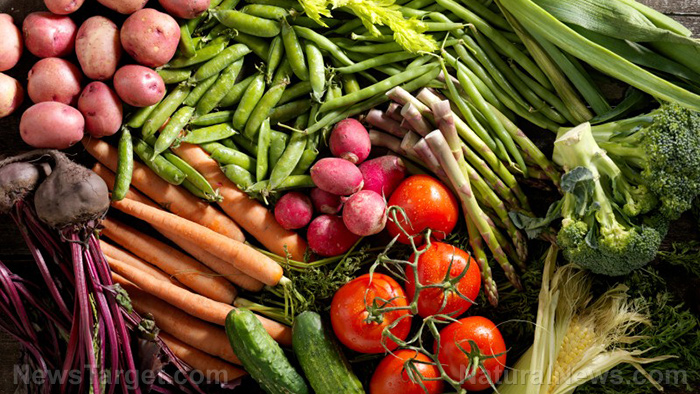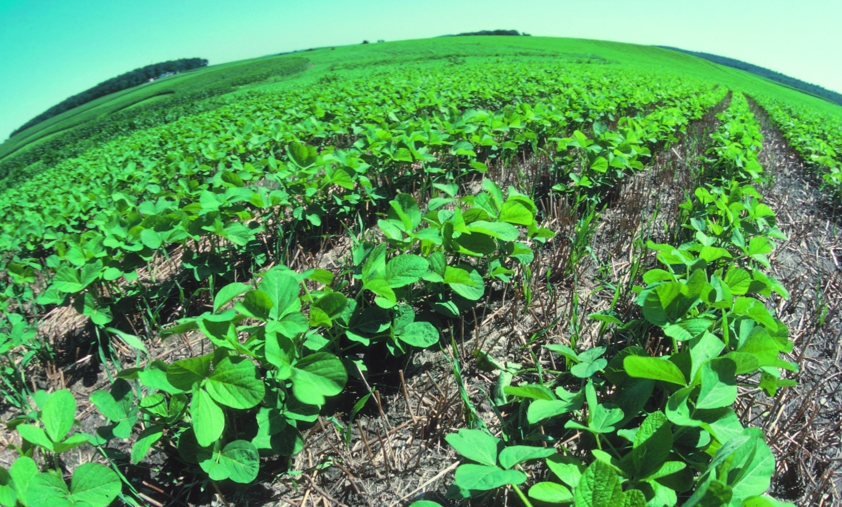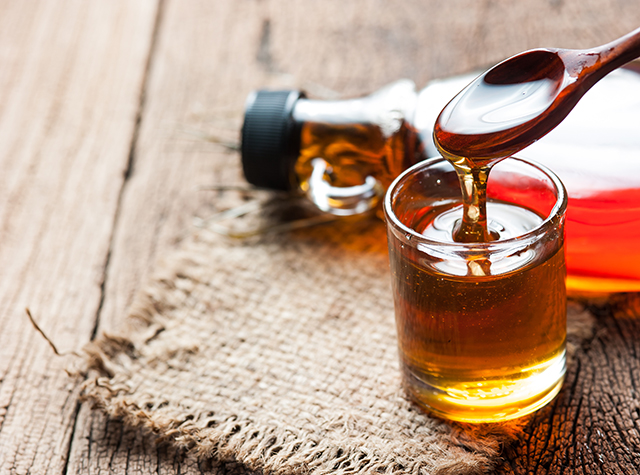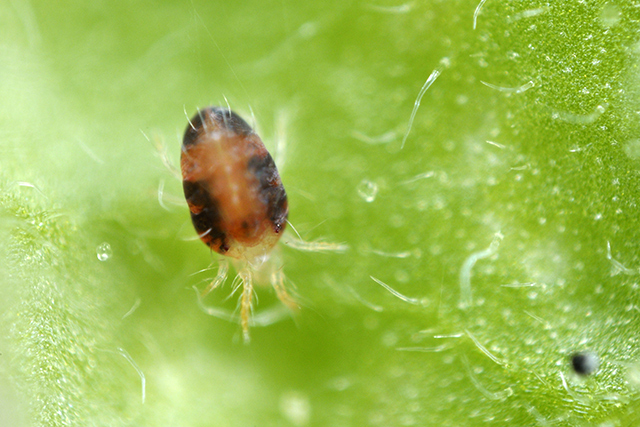Organic fertilizers found to help soybeans grow stronger and healthier
09/18/2018 / By Edsel Cook
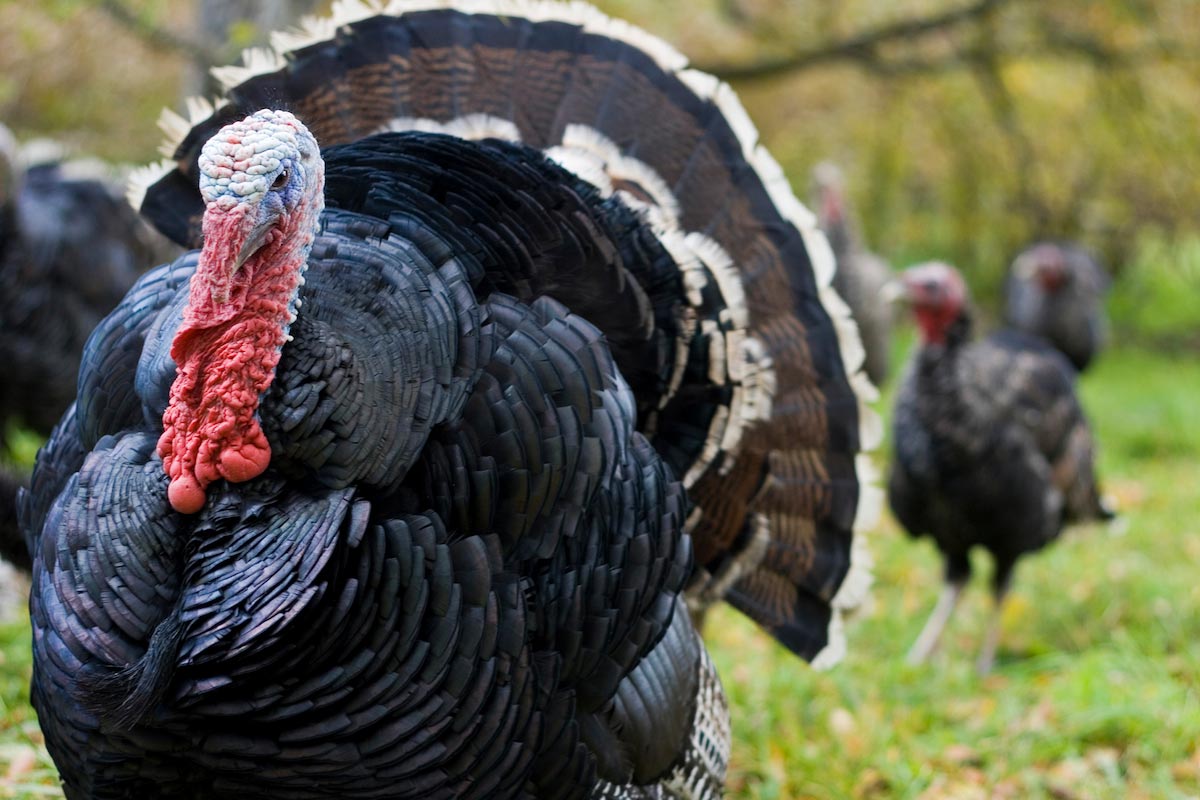
The turkeys you raise on your farm or homestead are more than just future Thanksgiving dinners and healthy sandwich fillings. Their manure can serve as organic fertilizers that boost the health and yield of your soybean crop, a Brazilian study reported.
Like any other large operation, raising turkeys produces large amounts of litter such as feathers and feces. This organic waste can cause significant pollution problems if it is improperly disposed of.
One way to reduce this waste is to turn it into organic fertilizer. This is an attractive and sustainable approach for both poultry growers and farmers.
Poultry growers would be able to get rid of useless litter without harming the environment while also making a profit. At the same time, farmers could save on money since organic fertilizers are cheaper to make than chemical fertilizers.
Furthermore, organic fertilizers based on animal waste has been shown to improve the biological, chemical, and physical attributes of the soil. Poultry waste, in particular, contains many nutrients, improves the pH levels, and boosts soil fertility. (Related: Yummier and juicier: Using natural fertilizers increases fruit yield and size.)
Testing organic fertilizer from turkey manure on tropical rainforest soil
Researchers from several Brazilian institutes tested partial and complete replacement of chemical fertilizers with turkey manure on the productivity of a crop. They conducted their experiment using Oxisol (Rhodic Hapludox) soil found in tropical regions. Their plant of choice was soybean, a common and widespread food crop.
They investigated six treatments with different proportions of chemical fertilizers, organic fertilizers in the form of turkey manure, and the natural fertilizers phosphorus and potassium. The control group restricted itself to the use of potassium while the negative control group applied 400 kilograms per hectare (kg/ha) of the phosphate chemical fertilizer 2-20-10 to the second plot.
The two organic fertilizer groups used either 2,540 or 5,080 kg/ha doses of pure turkey manure to improve the soil of their plots. Finally, the two mixed fertilizer groups used a reduced amount (50 percent) of 2-20-10 fertilizer alongside either 1,270 or 2,540 kg/ha of the organic fertilizer.
After 124 days, the researchers harvested soybean samples to evaluate the productivity of the crop. They also collected samples of the soil from each plot for analysis of their chemical content, granules, and phosphorus levels.
Chemical analysis of the turkey manure showed that 70 percent of its content was dry matter. Nitrogen took up four percent of it, phosphorus accounted for five percent, and potassium made up 3.5 percent.
Turkey manure makes soybean plants more productive
Their findings showed that the use of turkey manure as an organic fertilizer led to improvements in crop productivity. Pure organic fertilization was able to achieve similar levels of productivity as chemical fertilization.
The greatest increase was seen in the mixed fertilizer treatment that used the half dose of 2-20-10 fertilizer alongside the full dose of turkey manure. This was attributed to the larger amount of nutrients in the combined dose.
While the biggest dose of turkey manure (200 percent or 5,080 kg/ha) did not cause soy productivity to exceed the other treatments, it did not damage the soy crop. This presented evidence that poultry waste was much safer for the plants and the soil than its chemical counterpart.
Organic fertilizers improved the phosphorus and potassium levels in the soil, leading to better soil fertility and crop productivity. Furthermore, replacing chemical fertilizers with their turkey waste equivalent does not disrupt the phosphorus levels.
Based on the outcome of their study, the researchers concluded that turkey manure is an excellent source of nutrients for plants. Adopting it as an alternative, organic means of fertilizing soybean crops would maintain the same levels of crop productivity while also weaning agriculture off its dependency on chemical fertilizers.
Harvest.news holds a rich trove of articles about agricultural experiments and alternatives.
Sources include:
AJBASWeb.com [PDF]
Tagged Under: agriculture, chemical fertilizers, farming, harvest, natural fertilizers, organic fertilizers, phosphorus, potassium, Soybeans, synthetic fertilizers, turkey manure, turkeys

